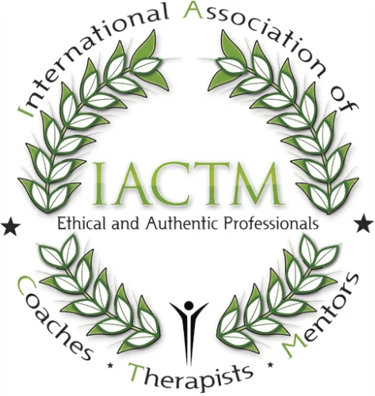Self-Compassion as a Foundation for Growth
Why being kind to yourself is not a luxury—but a necessity for real change.
BODY-MIND CONNECTIONSELF-AWARENESSPSYCHOLOGICAL WELL-BEING
Daniela M. & Nadine G. for Mentalis Academy
11/10/20253 min read


When we think about personal growth, we often imagine pushing ourselves to be better: setting goals, working harder, fixing our flaws. But what if the key to lasting transformation isn’t pressure, but kindness?
Self-compassion is more than a feel-good idea, it’s a scientifically supported approach to emotional well-being and inner change. It means treating yourself with the same understanding, care, and patience that you might offer a good friend. And for many, it’s a radical shift.
Why Self-Compassion Matters
Most of us have an inner critic. It whispers (or shouts): “You’re not doing enough.” “Why can’t you get it right?” “You should be better by now.”
While it might seem like this voice keeps us in check, research tells a different story. Self-criticism actually increases anxiety, depression, and procrastination, and decreases motivation over time (Neff, 2003).
Self-compassion, on the other hand, is strongly linked to:
Greater emotional resilience
Reduced anxiety and self-doubt
Increased motivation and accountability
Better recovery from setbacks (Neff & Germer, 2013)
In short: being kind to yourself helps you grow. Not because you're perfect, but because you’re human, and you're willing to meet yourself with care.
Self-Esteem vs. Self-Compassion: What's the Difference?
It’s easy to confuse self-compassion with self-esteem. But they aren’t the same:
Self-esteem says: “I’m valuable because I’m good at something.”
Self-compassion says: “I’m valuable even when I struggle.”
Self-esteem often depends on comparison, performance, or success. It can rise and fall with how well you're doing. Self-compassion, on the other hand, offers a stable inner foundation. It doesn’t rely on being perfect, it welcomes imperfection as part of being human.
As Dr. Kristin Neff, one of the leading researchers in this field, puts it:
“With self-compassion, we give ourselves the same kindness and care we’d give to a good friend.”
What It Means to Treat Yourself Like Someone You Love
Imagine speaking to yourself the way you would speak to a loved one who’s struggling, with patience, empathy, and presence. That’s the heart of self-compassion.
Ask yourself:
When I fail, do I criticize myself, or comfort myself?
When I feel overwhelmed, do I push through, or pause and care for myself?
When I feel insecure, do I judge, or offer understanding?
The shift doesn’t mean avoiding responsibility. It means creating the emotional safety that allows real responsibility, healing, and action to take root.
How to Begin Practicing Self-Compassion
Self-compassion isn’t a mindset you “turn on.” It’s a practice, something you build slowly, with attention and repetition.
Here are a few ways to start:
1. Name Your Suffering Without Judgment
Instead of saying, “I shouldn’t feel this way,” try, “This is really hard right now.” Naming your struggle without self-blame helps interrupt the inner critic.
2. Use a Gentle Inner Voice
When you catch yourself being harsh, pause and reframe. Ask: “What would I say to a close friend in this moment?”
3. Practice the Self-Compassion Break (Neff & Germer)
This simple, science-based technique involves three steps:
Mindfulness: “This is a moment of suffering.”
Common humanity: “Suffering is part of life.”
Self-kindness: “May I be kind to myself right now.”
4. Make Space for Your Feelings
Let yourself feel without needing to fix everything. Self-compassion starts by simply being present with yourself—no solutions, just support.
Growth Rooted in Kindness
The truth is, no one grows by being shamed into change. Real, sustainable growth comes when we feel safe, when we’re supported, seen, and cared for, even in our messiness.
Self-compassion doesn’t make you passive. It makes you strong, because it helps you meet life with resilience, honesty, and a deeper sense of worth that doesn’t depend on perfection.
At Mentalis Academy, we believe that self-compassion is the soil from which all meaningful growth can flourish. Our Personal Development Track includes practices and guidance to help you release judgment, connect with your emotional truth, and build the kind of inner relationship that supports lasting transformation.
#selfcompassion #self-esteem
Mentalis Academy
ELEVATE YOUR MIND
Contact
Information
info@mentalisacademy.com
© 2024. All rights reserved.
1-800- 768-0028
Trusted. Recognized. Respected. Certified by:






